News from the Institute for International Trade
Search news stories
Enter a keyword to search news.
Desktop analysis of agricultural subsidies and environmental impacts
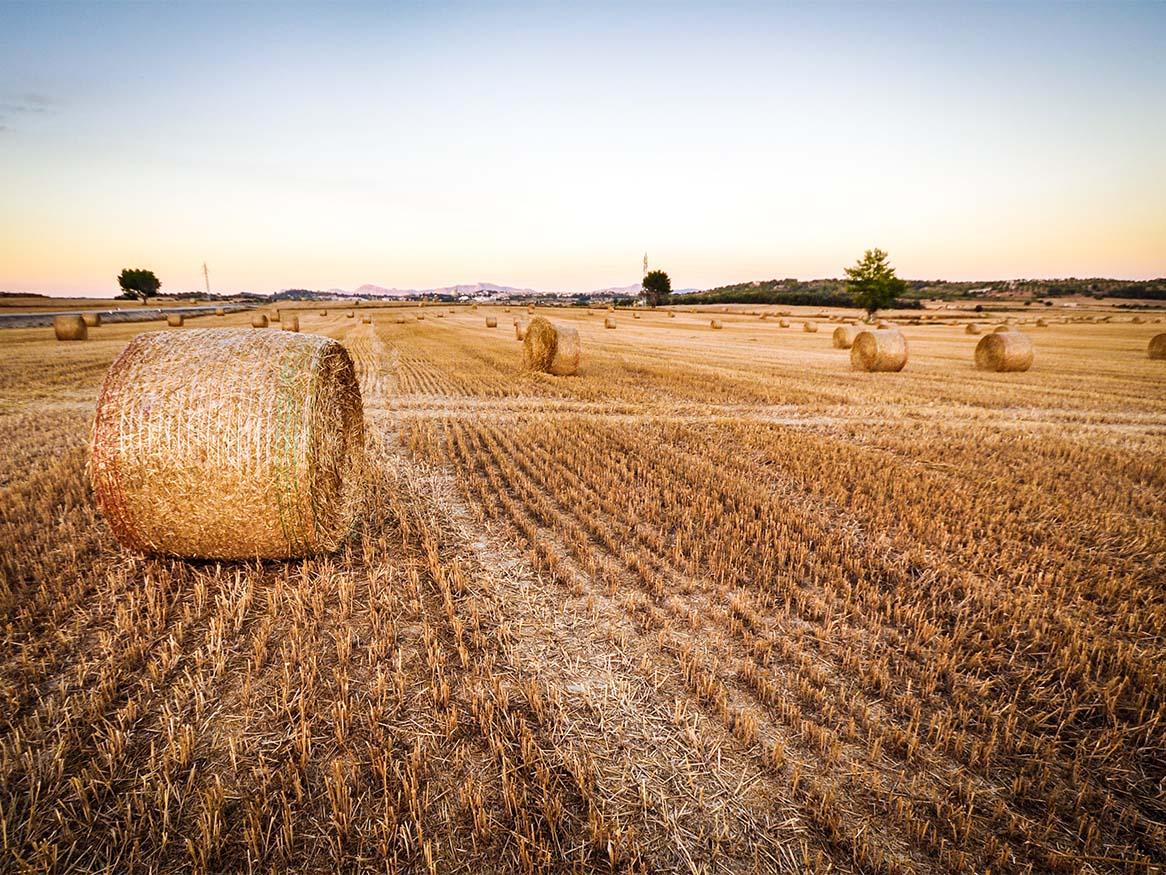
WORKING PAPER 10
There is broad agreement that much of the government support provided to agriculture today is environmentally harmful. This report explores the impacts of production and trade-distorting domestic support in agriculture on climate (i.e., greenhouse gas emissions) and the environment (i.e., water, biodiversity, and land degradation). Global reform is needed, however agriculture is a highly sensitive sector, one that is crucial for national food security. Gaining momentum for policy change can be difficult. Successful policy reform requires coalition building. A sustained evidence-based networking initiative that incorporates active public engagement and global coalition building should be developed on a priority basis.
[Read more about Desktop analysis of agricultural subsidies and environmental impacts]
Green hydrogen offers a window to redefine the Africa-Australia and Africa-Australia-Europe partnerships
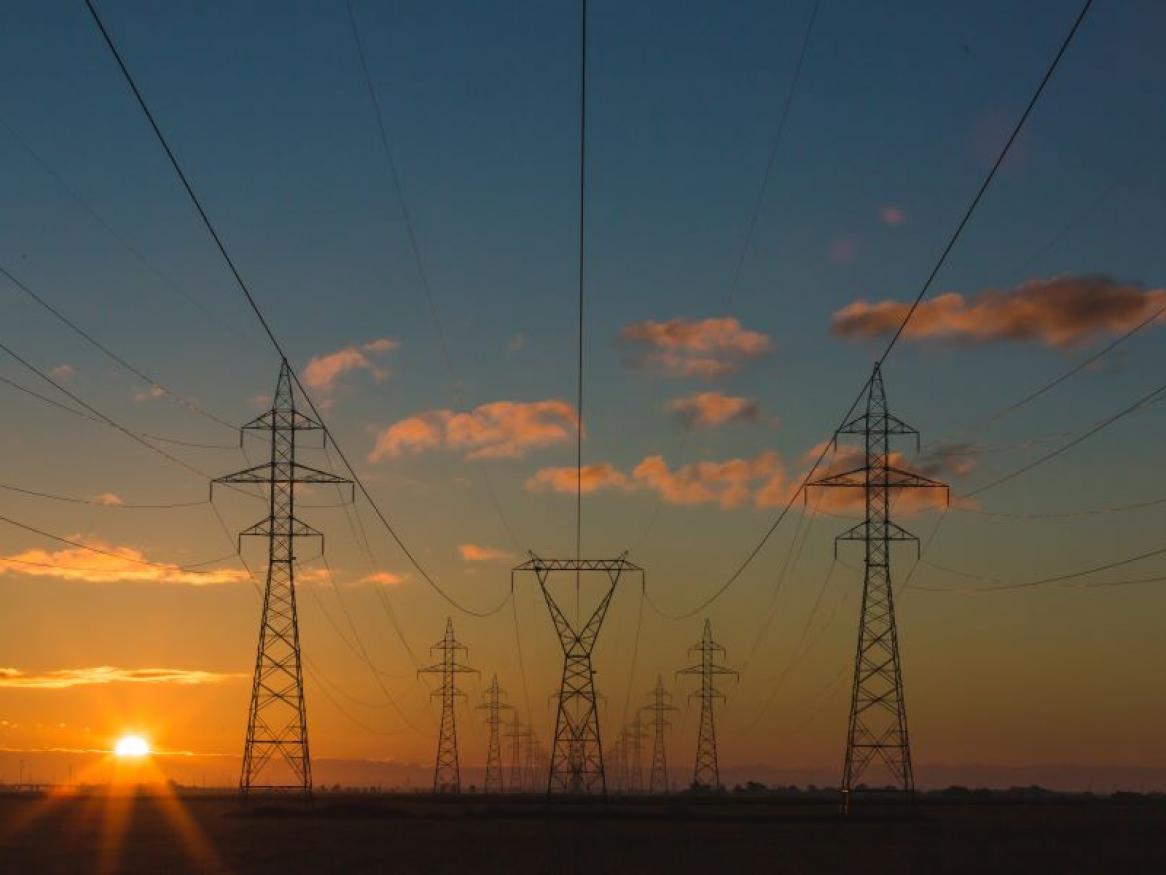
Conflict in Europe has fast-forwarded a global race for green hydrogen. Australia was already well-placed, having already begun pursuit of large-scale green hydrogen development projects domestically and overseas. With a focus on Africa this op-ed explores Australia’s international hydrogen-related green energy superpower potential.
Chigozie Nweke-Eze, University of Bonn. Dr. Lauren A. Johnston, Visiting Senior Lecturer University of Adelaide.
New Trade and Aid Paradigm Needed for China and Pacific Relations
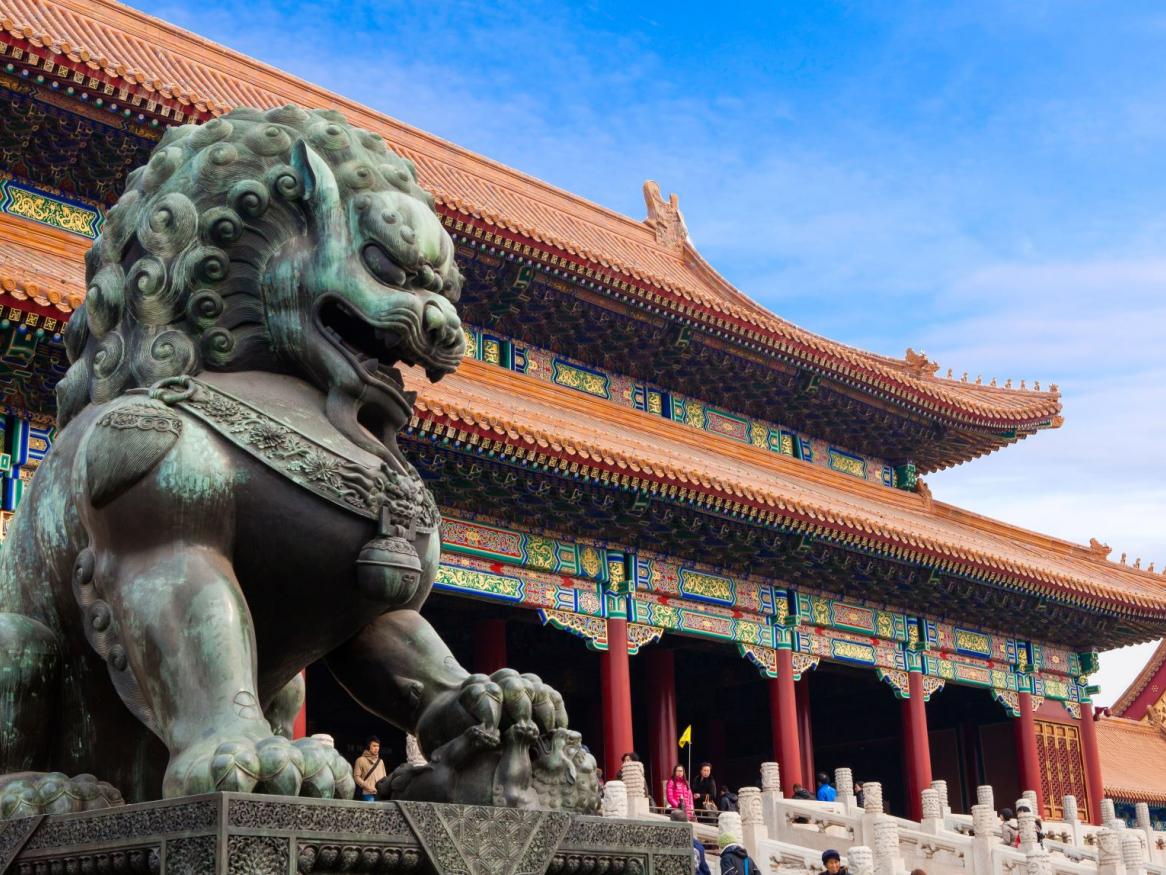
Jim Redden, Trade and Development Expert, Institute for International Trade, University of Adelaide.
Australia’s regional economic diplomacy has lost its way in recent times in the Indo-Pacific region. The new Albanese-led Labor government recognizes that there needs to be a reset in its trade and aid paradigm in the Indo-Pacific, in order to restore strong relations with our Pacific neighbours, as well as thaw the diplomatic freeze with China on trade. This op-ed identifies four components that could serve as the foundation for this new paradigm.
[Read more about New Trade and Aid Paradigm Needed for China and Pacific Relations]
The G7-Summit delivered more than expected

Andreas Freytag, Professor and Chair of Economic Policy, Friedrich Schiller University and Peter Draper, Executive Director of the Institute for International Trade. Over 3 days at this year's G7 summit under the German presidency the heads of government of the United States (USA), Great Britain, France, Germany, Italy, Japan and Canada - met in a castle tucked away in the Bavarian Alps. They were joined by the President of the European Commission and, as guests, the heads of government of India, South Africa, Indonesia, Argentina and Senegal. President Zelensky was also present as a virtual guest. Their aim was to constructively address the major challenges facing the world today, not least the war in Ukraine.
[Read more about The G7-Summit delivered more than expected]
Australia’s response to Chinese economic coercion: towards a comprehensive strategic approach to export diversification
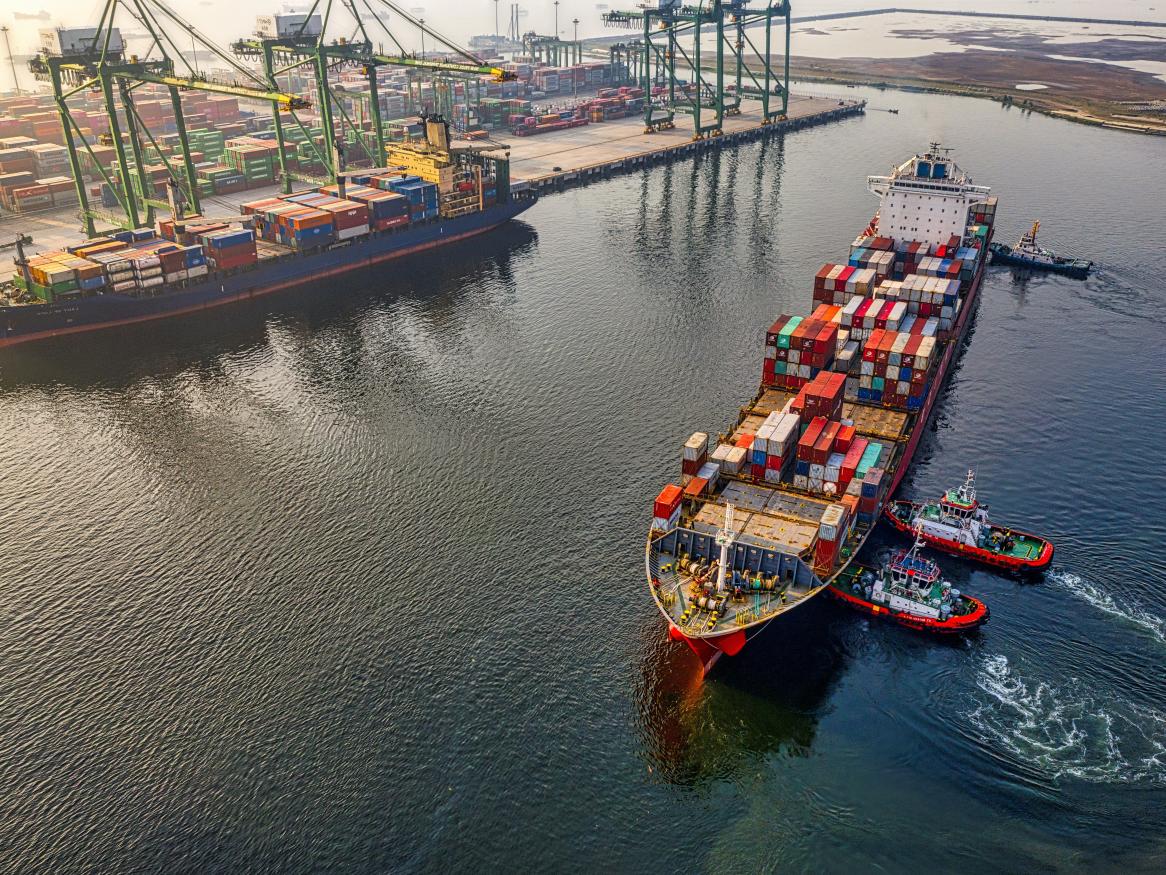
Mike Adams, former Department of Foreign Affairs and Trade (DFAT) economist. Ron Wickes, past Director of the Trade Analysis Section of DFAT, Nicolas Brown headed DFAT’s branch for analysis and strategic advice on trade and economic issues.
On a range of measures, Australia’s exports have become more concentrated on China since 2000. Yet geopolitical tensions, intensified by China blocking key Australian exports over the past two years, has fuelled a debate over export diversification to reduce vulnerability to economic coercion. This policy brief argues that much of the debate misses key facts about Australia’s economic options, and argues for economic reform and regional cooperation to support diversification.
CELIS Forum on Investment Screening (CFIS) 2022
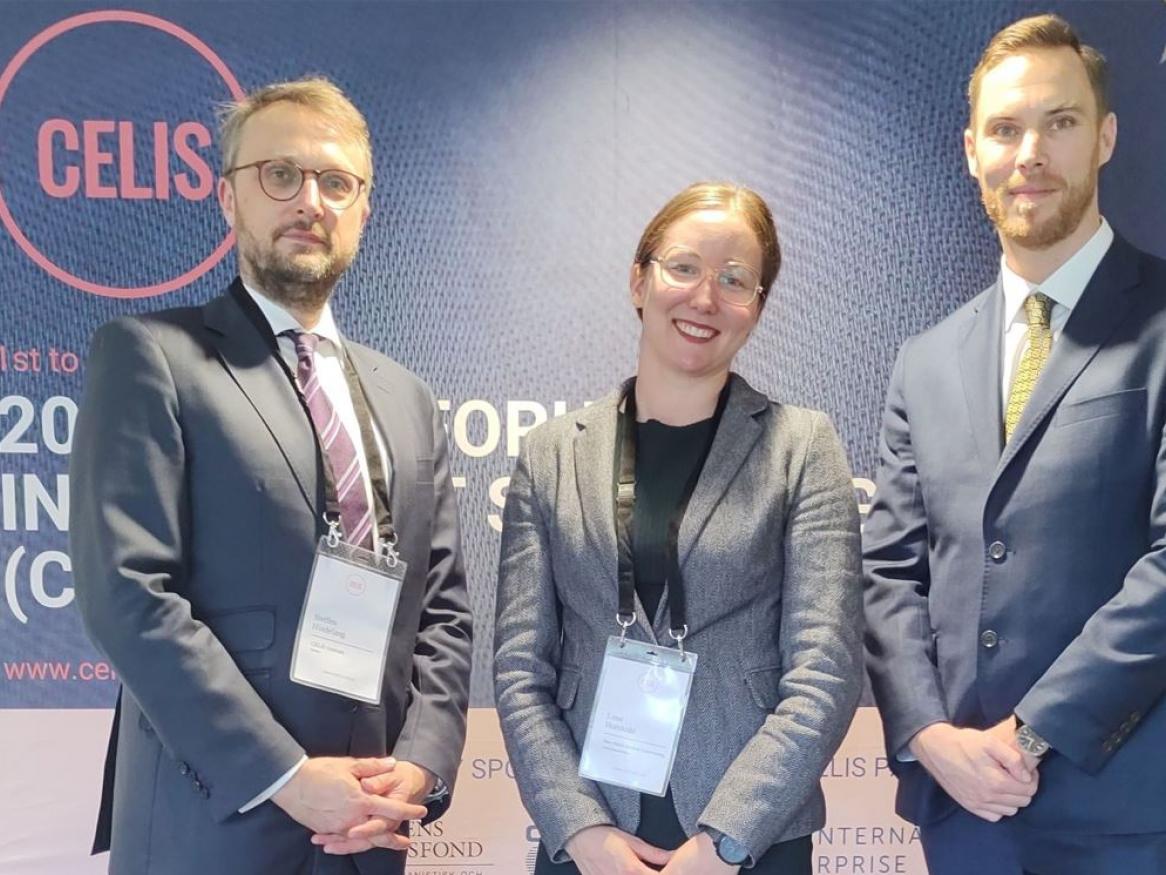
1st - 3rd June 2022, IIT’s Dr Naoise McDonagh was invited to present at the 2022 CELIS Institute Annual Forum on Investment Screening. CFIS 22 is Europe's first and foremost forum to discuss questions on investment screening and security. It serves to enhance the Institute's analytical capacity and facilitate the shaping of common approaches. A marketplace of ideas, CFIS 22 brings together EU officials, national experts, diplomats, academics, business leaders, think tankers, and representatives of civil society and the media from across Europe and beyond.
[Read more about CELIS Forum on Investment Screening (CFIS) 2022 ]
Services: The DNA of e-commerce

Lee Tuthill visiting Fellow, The University of Adelaide, Institute for International Trade. Lee worked at the WTO from 1990 to 2021, where she specialized in GATS, telecommunications/ICT, emerging technologies and digital trade. Just as DNA is the key that unlocks the development and functioning of an organism, a whole host of services contribute to the development of e-commerce and how it functions as an ecosystem.
Improving border adjustment mechanisms
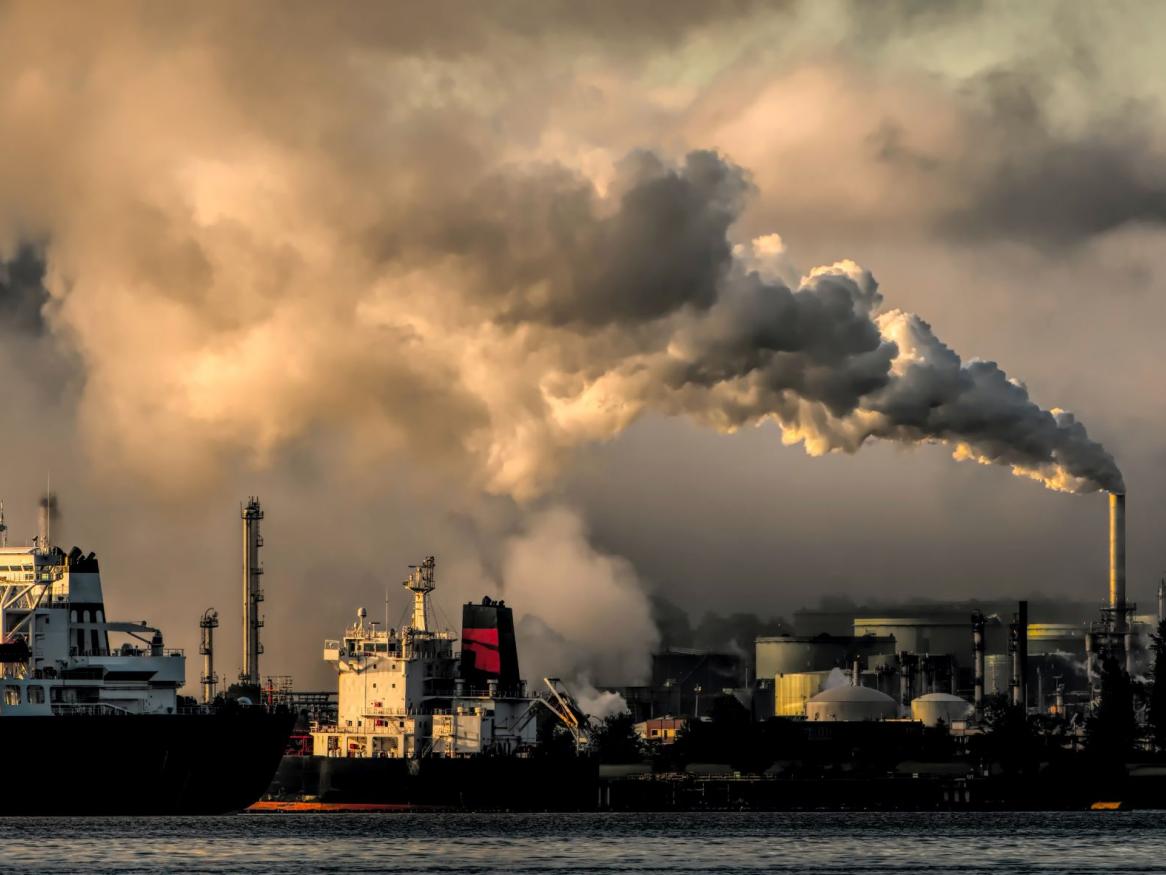
WORKING PAPER 09
Despite several attempts and significant progress, broad agreement on the most appropriate way to manage conflicts between international trade and environmental issues has yet to emerge. Consequently, this paper begins with a search for a set of principles to guide the use of border adjustment mechanisms to ameliorate global environmental problems or, as economists call them, global externalities.
Ten principles are developed, and then applied to the European Union's current CBAM design, and recommendations for improving that design are put forward. As this CBAM is rooted in the EU's Emissions Trading System, broad recommendations for aligning the ETS with the principles are also offered.
The Russia-Ukraine War, Sanctions, and the G20's Relations with Russia
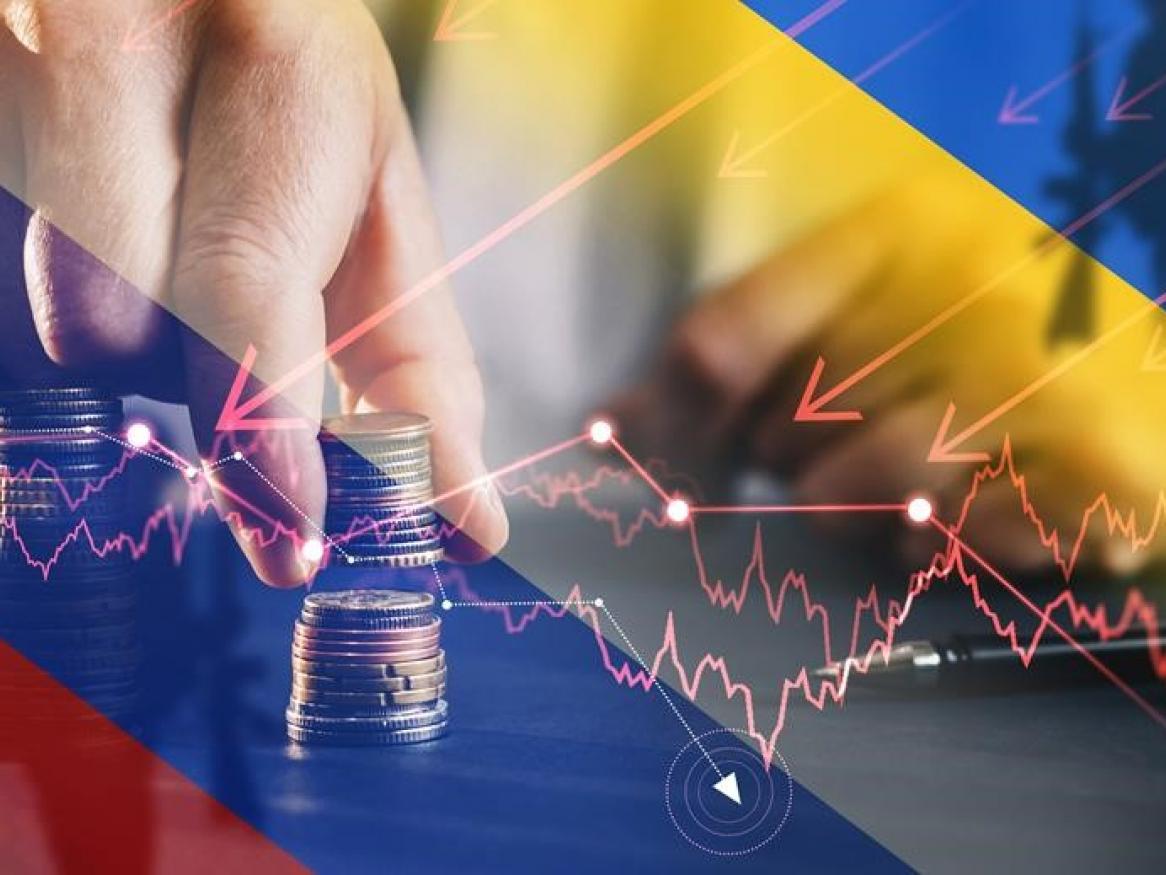
Wednesday, 4th May 2022 .The Institute for International Trade (IIT) and the G20-related Trade and Investment Network (TIRN) hosted an interactive webinar on The Russia-Ukraine War, Sanctions, and the G20’s Relations with Russia. The West answered the invasion of the Ukraine by Russian troops with swift and unprecedented sanctions, which addressed both the political nomenklatura and the economy.
[Read more about The Russia-Ukraine War, Sanctions, and the G20's Relations with Russia]
The Role of SME's in Services Trade & the Potential for SME development
November 5th, 2020. Industry Professor Jane Drake-Brockman presented at the Conexión INTAL event by Instituto para la Integración de América Latina y el Caribe (INTAL), Inter-American Development Bank (IDB). This years focus was about Knowledge-Based Services (SBC) and their potential for the economic development of the region through international trade.
[Read more about The Role of SME's in Services Trade & the Potential for SME development]
This work is licensed under Commons Attribution-NonCommercial-NoDerivatives 4.0 International License.
IIT is a global leader in researching, analysing and commenting on International Trade.
Stay informed about our up-and-coming seminars, events, publications, awards, new projects and collaborations, and other exciting news.
